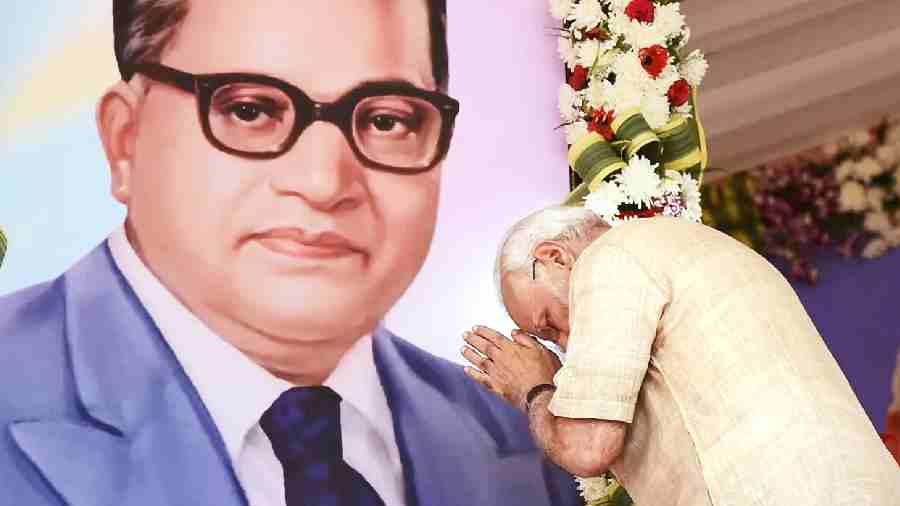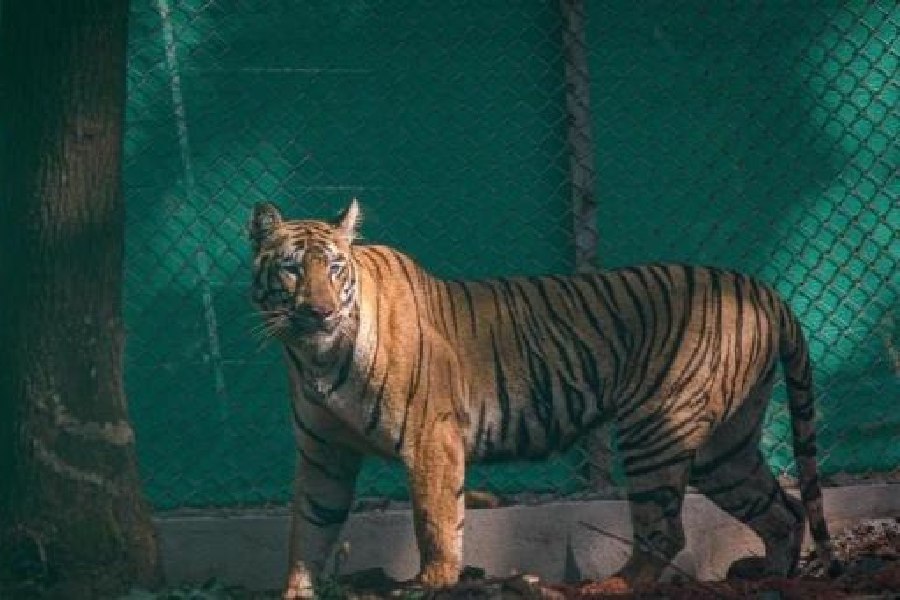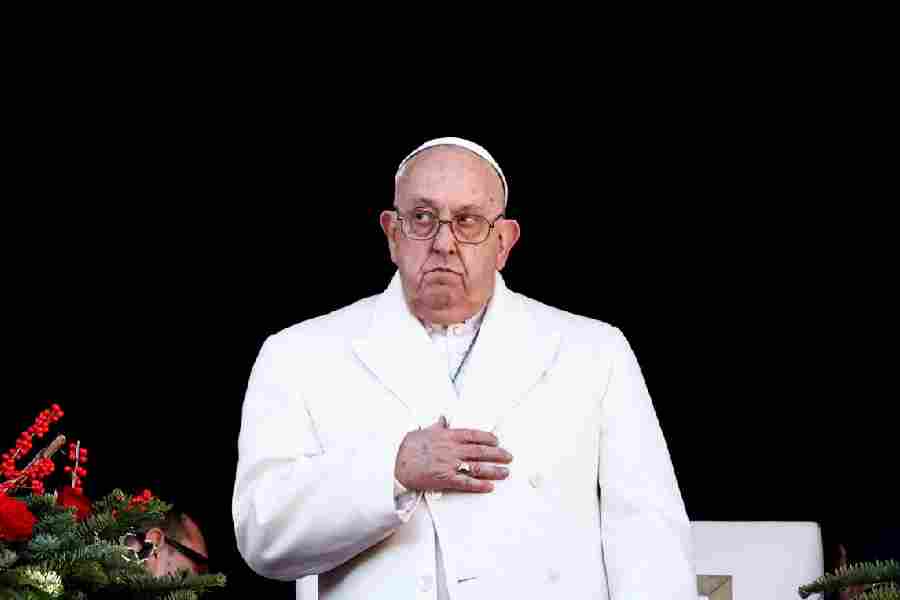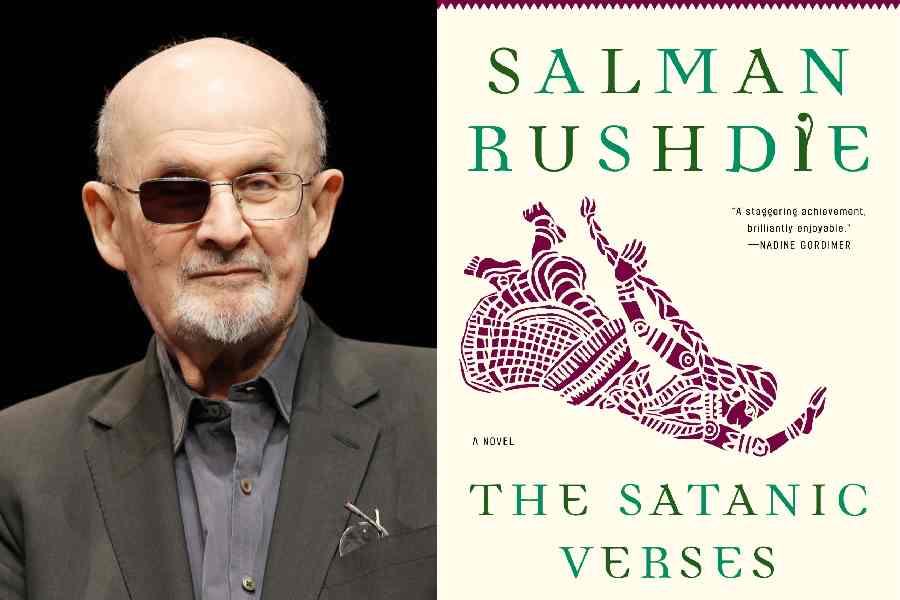The Bharatiya Janata Party under Narendra Modi has embraced B.R. Ambedkar not only as an icon but as one of its special heroes. In 2015, the prime minister said, “Baba Saheb Ambedkar is an inspiration not just for one community but the entire world.” In 2016, he declared he was an Ambedkar bhakt (disciple). But Shashi Tharoor’s recently published book, called Ambedkar: A Life, reveals that in many critical areas what the BJP believes or does is almost entirely contrary to what Ambedkar said or stood for.
The most glaring difference emerges over Hinduism and Hinduraj. Whilst the BJP is increasingly committed to a majoritarian concept of India, Ambedkar believed that would be a disaster. “If Hindu-Raj does become a fact, it will, no doubt be the greatest calamity for this country,” he wrote. “No matter what the Hindus say, Hinduism is a menace to liberty, equality and fraternity. On that account it is incompatible with democracy. Hindu Raj must be prevented at any cost.”
Ambedkar, in fact, had a deep dislike of Hinduism. “Hindu civilization is a diabolical contrivance to enslave humanity. Its proper name would be infamy.” It seems he didn’t like Hindus either. “Hindus are a … race of pygmies and dwarfs, stunted in stature and wanting in stamina … there can be a better or a worse Hindu. But a good Hindu there cannot be.”
Could it be the BJP is unaware of Ambedkar’s views? Or does it assume the rest of us are ignorant and unlikely to find out? Or has it embraced Ambedkar for cynical and expedient reasons and, therefore, overlooked the stark and embarrassing differences?
These questions become even more compelling when you turn to Ambedkar’s view of India’s minorities. Speaking in the Constituent Assembly in 1948, he said: “The minorities in India have agreed to place their existence in the hands of the majority … They have loyally accepted the rule of the majority, which is basically a communal majority and not a political majority. It is for the majority to realize its duty not to discriminate against minorities.”
Does the BJP recognise, leave aside accept, such a duty? Would Ambedkar have approved of terms like ‘Babar ki aulad’ and ‘Abba jaan’, distinctions such as ‘Kabristan and Shamshan ghat’ or threats to despatch whole communities to Pakistan? To ask is to perhaps answer the question.
Ambedkar, however, issued a warning. In his famous speech of November 1948, he expressed it in blunt, unvarnished terms. “[The] minorities are an explosive force which, if it erupts, can blow up the whole fabric of the State.” Seventy years ago, they were smaller, intimidated and happy to be ignored. Today they’re a population of 200 million, conscious of how they’re ill-treated and increasingly alienated.
Ambedkar would be a very worried man today. But does the BJP share or, even, appreciate his apprehensions? You could assume he’d feel it’s playing with fire. The BJP, it seems, is doing so blithely.
A third gulf between Ambedkar’s views and the BJP’s practice emerges when you consider the sort of democracy India is becoming. Ambedkar feared India’s democracy could transmogrify into a dictatorship even though free and fair elections continue to be held. “It is quite possible for this new-born democracy to retain its form but give place to dictatorship in fact”, he warned in 1948. “If there was a landslide of popular support, the danger of that possibility becoming an actuality is much greater.”
Is that not happening today? A colossus dominates our politics. There’s a growing personality cult surrounding him. Dissent is barely tolerated. Parliament is often not consulted. The Election Commission and the judiciary have been weakened. Investigation agencies like the Central Bureau of Investigation and the Enforcement Directorate have been weaponised. And the media have been neutered.
Finally, I wonder what Ambedkar would have thought of the BJP and its vision for India? Would he be proud to have Narendra Modi as a bhakt? Indeed, would he believe they’re walking in his footsteps?











